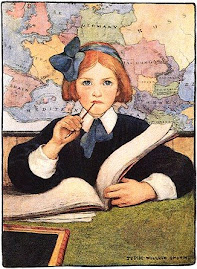The native speaker is dead!Long live the native speaker!
Barbara Bettinelli*
What we are going to explore in this presentation:
The traditional role of native speaking teachers and the re-evaluation of the role of non-native speaking teachers
Issues regarding the definition of native speaker and mother tongue
Implications for teaching
What can we learn from each other?
The traditional role of native speaking teachersand the re-evaluation of the role of non-native speaking teachers
“The native speaker should become the standard foreign-language teacher within the countries of the European community.They know best what is important in the language teaching tomorrow: the active and creative language use in everyday communication.”(Freudenstein 1991)
“... the latest ideas in English language teaching. Where best, after all, to get the latest ideas on this than in the leading English-speaking countries?”(Quirk 1990)
As these quotations show the native speaker, and especially the native speaker of English, has traditionally played a key role not only in language teaching, but also in language teaching methodology and research.
In most non-English-speaking countries there is a clear-cut division between non-native and native English speaking teachers. The local non-native English teachers, who are often more experienced and better qualified, work in the state system, while the native English speakers, often having minimal qualifications, are employed in private language schools.
“There is no doubt that native speakers of English are deferred to in our profession:what they say is invested with both authenticity and authority. They have become the custodians and arbiters not only of proper English, but of proper pedagogy as well.”
“I find it particularly ironical that Britain should be exporting expertise in the teaching of a foreign languagewhen its own record in this area is one of more or less abject failure.”(Widdowson 1992)
I have a hunch
14 years ago





0 comments:
Post a Comment